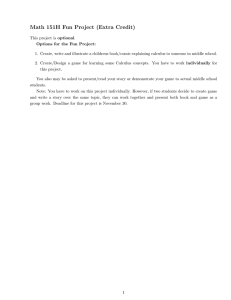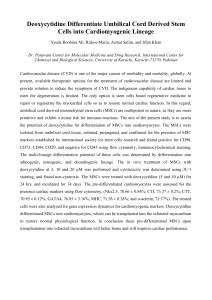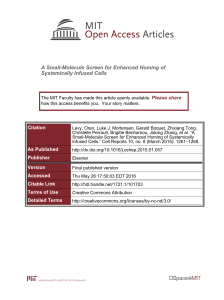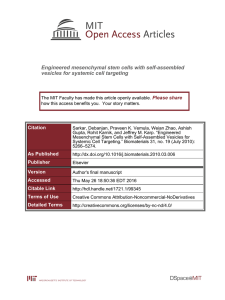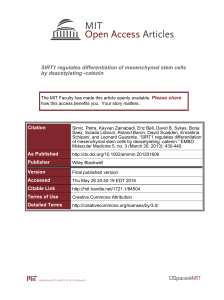ABSTRACT: 2014 ELATE Institutional Action Project Poster Symposium
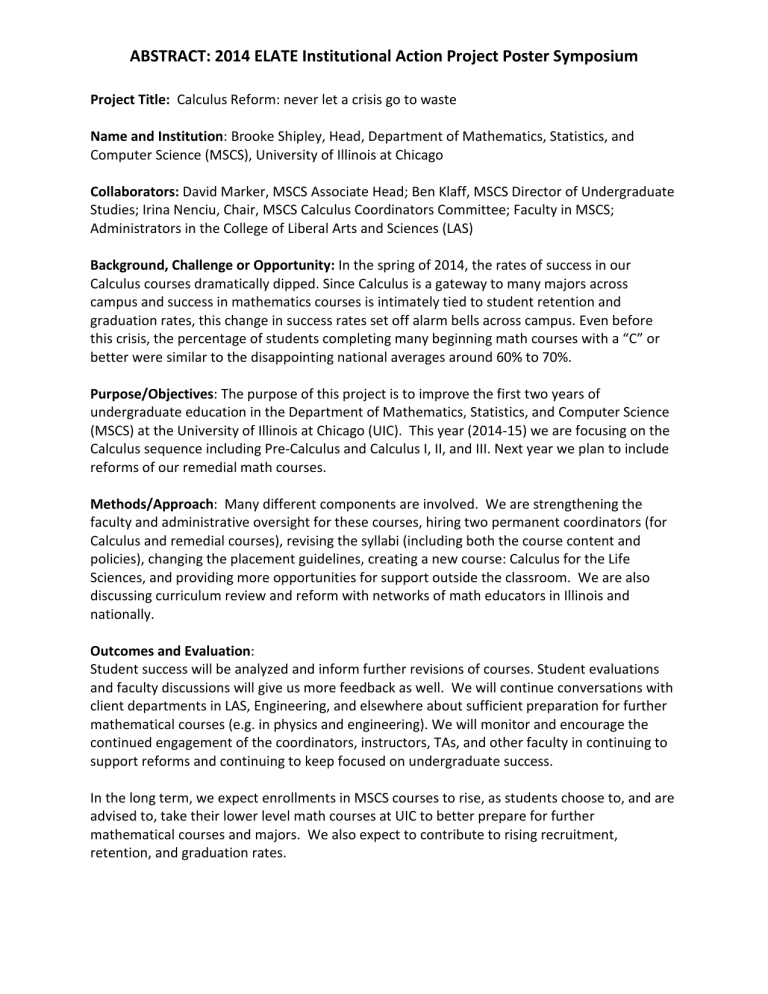
ABSTRACT: 2014 ELATE Institutional Action Project Poster Symposium
Project Title: Calculus Reform: never let a crisis go to waste
Name and Institution : Brooke Shipley, Head, Department of Mathematics, Statistics, and
Computer Science (MSCS), University of Illinois at Chicago
Collaborators: David Marker, MSCS Associate Head; Ben Klaff, MSCS Director of Undergraduate
Studies; Irina Nenciu, Chair, MSCS Calculus Coordinators Committee; Faculty in MSCS;
Administrators in the College of Liberal Arts and Sciences (LAS)
Background, Challenge or Opportunity: In the spring of 2014, the rates of success in our
Calculus courses dramatically dipped. Since Calculus is a gateway to many majors across campus and success in mathematics courses is intimately tied to student retention and graduation rates, this change in success rates set off alarm bells across campus. Even before this crisis, the percentage of students completing many beginning math courses with a “C” or better were similar to the disappointing national averages around 60% to 70%.
Purpose/Objectives : The purpose of this project is to improve the first two years of undergraduate education in the Department of Mathematics, Statistics, and Computer Science
(MSCS) at the University of Illinois at Chicago (UIC). This year (2014-15) we are focusing on the
Calculus sequence including Pre-Calculus and Calculus I, II, and III. Next year we plan to include reforms of our remedial math courses.
Methods/Approach : Many different components are involved. We are strengthening the faculty and administrative oversight for these courses, hiring two permanent coordinators (for
Calculus and remedial courses), revising the syllabi (including both the course content and policies), changing the placement guidelines, creating a new course: Calculus for the Life
Sciences, and providing more opportunities for support outside the classroom. We are also discussing curriculum review and reform with networks of math educators in Illinois and nationally.
Outcomes and Evaluation :
Student success will be analyzed and inform further revisions of courses. Student evaluations and faculty discussions will give us more feedback as well. We will continue conversations with client departments in LAS, Engineering, and elsewhere about sufficient preparation for further mathematical courses (e.g. in physics and engineering). We will monitor and encourage the continued engagement of the coordinators, instructors, TAs, and other faculty in continuing to support reforms and continuing to keep focused on undergraduate success.
In the long term, we expect enrollments in MSCS courses to rise, as students choose to, and are advised to, take their lower level math courses at UIC to better prepare for further mathematical courses and majors. We also expect to contribute to rising recruitment, retention, and graduation rates.

